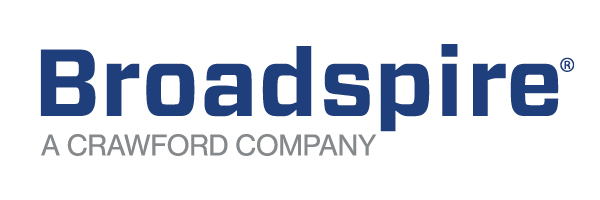COVID-19 has presented many challenges in meeting timelines, and many employers have found themselves in a similar situation. Luckily, the FMLA regulations provide us with some guidance in this regard. Under §825.300, Section D states: “Retroactive designation. If an employer does not designate leave as required by §825.300, the employer may retroactively designate leave as FMLA leave with appropriate notice to the employee as required by §825.300 provided that the employer’s failure to timely designate leave does not cause harm or injury to the employee. In all cases where leave would qualify for FMLA protections, an employer and an employee can mutually agree that leave be retroactively designated as FMLA leave.” To that end, as long as the untimely designation does not cause harm or injury to the employee, an employer can retroactively designate.
The Department of Labor provided a FAQ about this issue and included an illustrative example. Henry plans to take 12 weeks of FMLA leave beginning in August for the birth of his second child. Earlier in the leave year, however, Henry took two weeks of annual leave to care for his mother following her hospitalization for a serious health condition. Henry’s employer failed to notify him at the time of his mother’s hospitalization that the time he spent caring for his mother would be counted as FMLA leave. If Henry can establish that he would have made other arrangements for the care of his mother if he had known that the time would be counted against his FMLA entitlement, the two weeks his employer failed to appropriately designate may not count against his FMLA entitlement.































